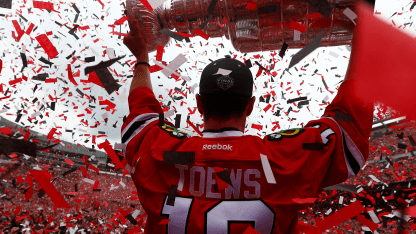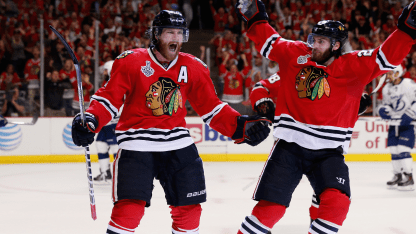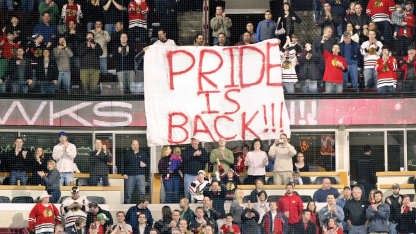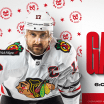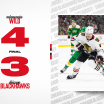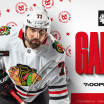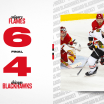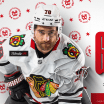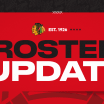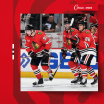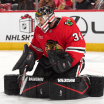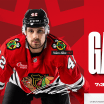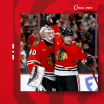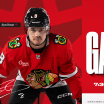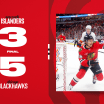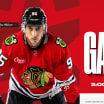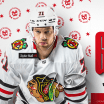Despite playoff absences the last two seasons, the Blackhawks toiled in 19 postseason rounds, with a record of 14-5. Suffice it to say, the Blackhawks had the greatest decade in their history. Consider this: the franchise was born in 1926. Yet, of the top ten individuals in most playoff games, six own rings from the 2010, 2013 and 2015 championships: Jonathan Toews 128, Niklas Hjalmarsson 128, Patrick Kane 127, Duncan Keith 126, Brent Seabrook 123 and Patrick Sharp 117. Behind the bench, for 128, head coach Joel Quenneville operated masterfully.
Everybody knows what happened with the Blackhawks, but the complete transformation still borders on the occult. Rocky Wirtz took over as chairman in October of 2007, he hired John McDonough as President & CEO, and rather than ask for patience, they immediately uttered phrases that sounded somewhat odd in these parts. They talked about winning, winning consistently, winning it all.
A sleeping giant of a franchise gradually awakened. For too many years, the Blackhawks employed a conga line of coaches and players, many of whom frankly brought little to the table except a fork and knife. But under enlightened and progressive leadership, the mantra was continuity and commitment. In May 2009, before the Blackhawks had won anything - in fact, as they were losing the Conference Finals to the Detroit Red Wings - Forbes saluted the new ice age in Chicago as the "Greatest Sports-Business Turnaround Ever." Repeat. Ever. Prescient indeed. Free agents such as Brian Campbell and Marian Hossa chose Chicago, which became a destination point almost overnight.
